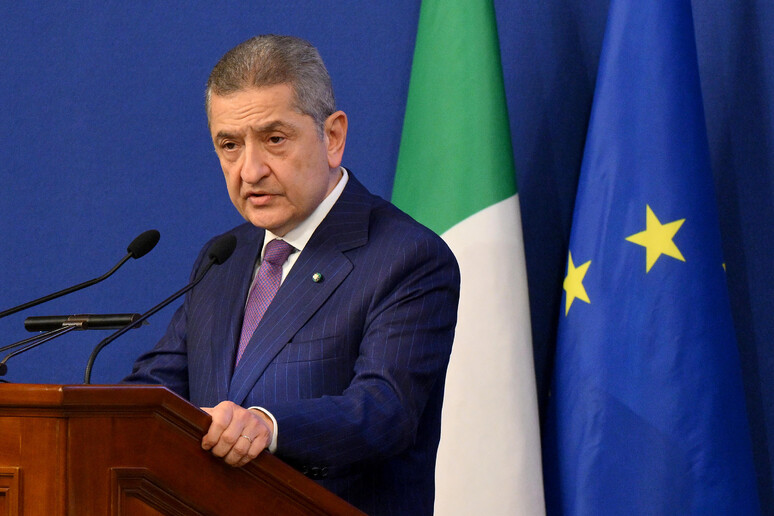Southern Italy has grown more than
the the country after the COVID pandemic and now has a "chance
for development" due to the end of the global delocalization
phase as well as the production of renewable energy and will
need to rely "not on assistance policies but on investments and
reforms to raise its production capabilities", Bank of Italy
Governor Fabio Panetta said Thursday in Catania.
Panetta stressed "with caution" the positive factors of the
southern Italian economy over the past few years, saying
significant European resources could be used to attract private
capital.
Panetta went on to say that it was better to promote effective
projects funded with the post-COVID National Recovery and
Resilience Plan (NRRP) that required longer to be implemented
than hasty plans that would prove ineffective.
"If, due to the significant amount of investments, the two
objectives - effectiveness and speed - were to come into
conflict, it would be preferable to safeguard the first and
evaluate the possibility to agree, for these regions, an
extension of the time required to implement the projects", he
said.
The post-COVID NRRP seeks to make the Italian economy Greener
and more modern by 2026 thanks to projects funded with the help
of almost 200 billion euros in EU grants and low-interest loans.
Addressing a gathering that is part of a series of events called
"Travelling with the Bank of Italy - the situation of the
economy - the Mezzogiorno (South)' - Panetta noted how over the
next decade the South will receive funding "worth 5% of the GDP"
of the area each year.
In addition to the NRRP, additional resources will be provided,
among others, with the new cycle of EU structural funds and the
development and cohesion fund, he added.
ALL RIGHTS RESERVED © Copyright ANSA











